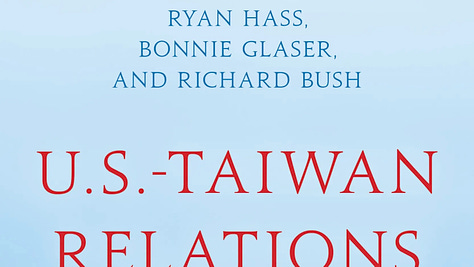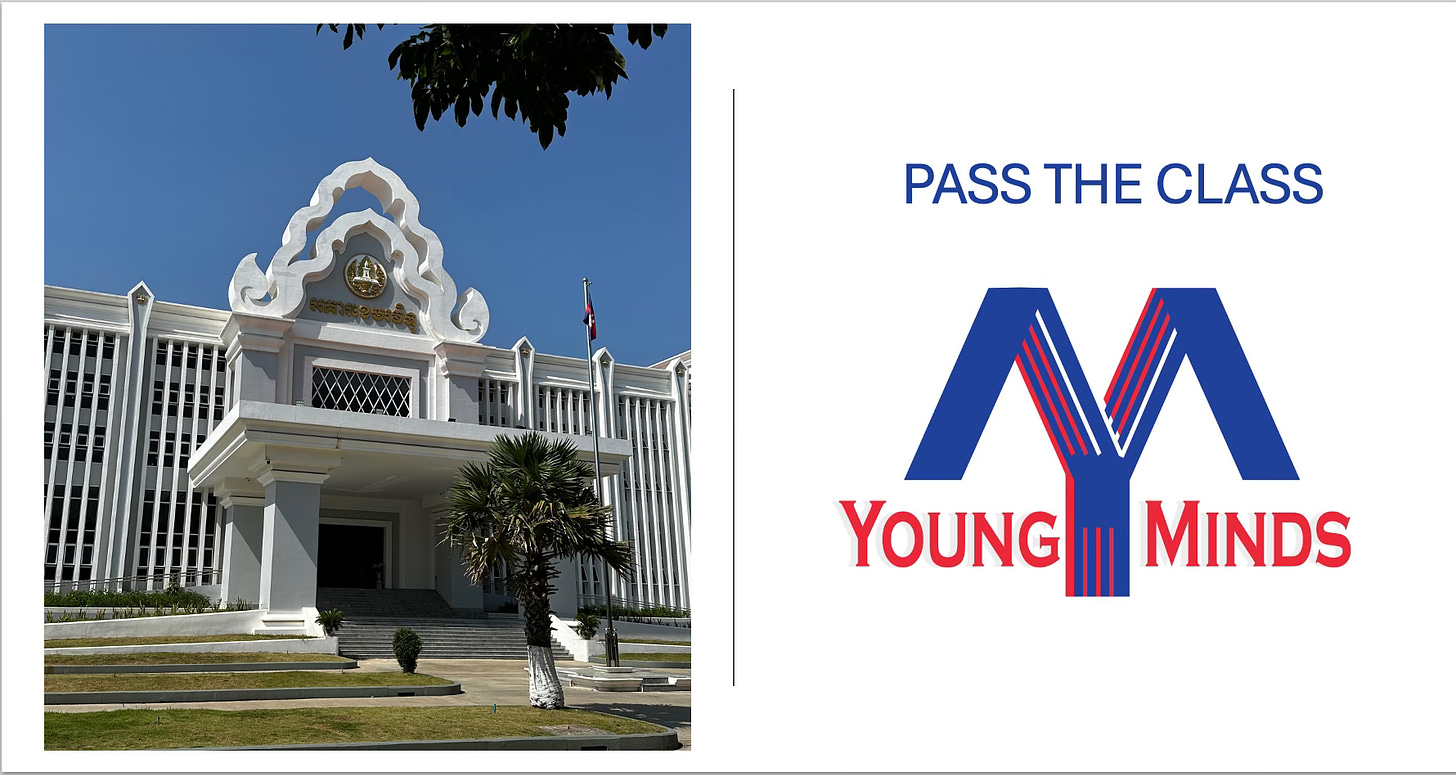Split Proceeds
"The United States wishes to maintain influence over events in the Taiwan Strait", Suez II: Is Washington's global military footprint and control of international institutions in retreat?
UPDATE: “American policy should focus on their [Taiwan’s] hopes and fears if the United States wishes to maintain influence over events in the Taiwan Strait. “
Bonnie Glaser led the successful German Marshall Fund program that worked to destabilise European governments in pursuit of US/NATO aims. Brexit and the instability in both France and Germany prior to conflict in Ukraine were the GMFs goal. Nothing succeeds like success and Glaser is now heading the Indo-Pacific German Marshall Fund Asia and argues that the center of gravity for determining the future of Taiwan is the will of Taiwan’s 23 million people.
The American empire’s raison d'être is the safeguarding of international trade. Rather than holding an empire of conquest, Washington limited its military footprint to a vast array of bases around the globe, and it derived much of its power from controlling various international institutions necessary for economic integration and industrial prosperity. Like Britain before it, America has always been a sea-based and commercial empire, rather than a land-based power like Prussia.



Will China's Challenge Lead to a Crisis?
By Ryan Hass, Bonnie S. Glaser, Richard C. Bush
Anxiety about China’s growing military capabilities to threaten Taiwan has induced alarm in Washington about whether the United States remains capable of deterring attempts to seize Taiwan by force. This alarm has fed American impulses to alter longstanding policy, and to increasingly view challenges confronting Taiwan through a military lens. While Taiwan clearly is under growing military threat, it also is facing a simultaneous and intensifying Chinese political campaign to wear down the will of the Taiwan people. This latter line of effort receives less attention, but left unaddressed, has the potential to do far more damage to American interests.
This book rightsizes the risks confronting Taiwan by taking a holistic view of China’s national ambitions and Taiwan’s role in them, China’s strategies for pursuing unification with Taiwan, and America’s most effective responses. Contrary to many other books on the market, the authors make the case for why conflict in the Taiwan Strait is not preordained, and in fact, it would be strategic folly for the United States to conclude that conflict is inescapable.
Hass, Glaser, and Bush argue that the center of gravity for determining the future of Taiwan is the will of Taiwan’s 23 million people. American policy should focus on their hopes and fears if the United States wishes to maintain influence over events in the Taiwan Strait. This calls for American resoluteness and steadiness of purpose in fortifying Taiwan’s economic dynamism, political autonomy, military preparedness, and dignity and respect on the world stage. Maintaining credible military deterrence is the minimum threshold, not the measure of success. U.S.-Taiwan Relations will be an invaluable resource for students, researchers, and journalists to understand this critical moment in U.S. foreign policy.
Reviews
This is a wonderful book! It is authoritative, beautifully written and concise. Three of America’s foremost experts and policy practitioners have written a work that illuminates and clarifies the entire corpus of US cross-strait relations from 1945 to 2022. This is a work that will benefit novices and experts alike. Every historic turning point, relevant policy statements and documents are clearly addressed. It concludes with a balanced assessment of the security challenges Washington will face in the coming decade. Very highly recommended.
Rear Admiral (ret) Michael McDevitt, author of China as a Twenty First Century Naval Power
The United States relationship with Taiwan is both extremely consequential and poorly understood. Ryan Hass, Bonnie Glaser, and Richard Bush—an all-star team of seasoned professionals—have provided us all a great service in this highly informative and timely book.
Thomas J. Christensen, Director of the China and the World Program, Columbia University
As Asia’s most volatile and consequential flashpoint, Taiwan is a central issue for US foreign policy. In this timely and terrific book, the country’s leading experts offer a systematic and succinct examination of US relations with Taiwan as well as the military and political challenges the island faces from China. With refreshing and bracing common sense, Hass, Glaser, and Bush show how Taiwan can be strengthened, and catastrophic conflict can be avoided. A must-read for anyone interested in understanding the future of this relationship.
Taylor Fravel, Arthur and Ruth Sloan Professor of Political Science and Director of the Security Studies Program, Massachusetts Institute of Technology .
Read more here.
The American empire’s raison d'être is the safeguarding of international trade. Rather than holding an empire of conquest, Washington limited its military footprint to a vast array of bases around the globe, and it derived much of its power from controlling various international institutions necessary for economic integration and industrial prosperity. Like Britain before it, America has always been a sea-based and commercial empire, rather than a land-based power like Prussia.





